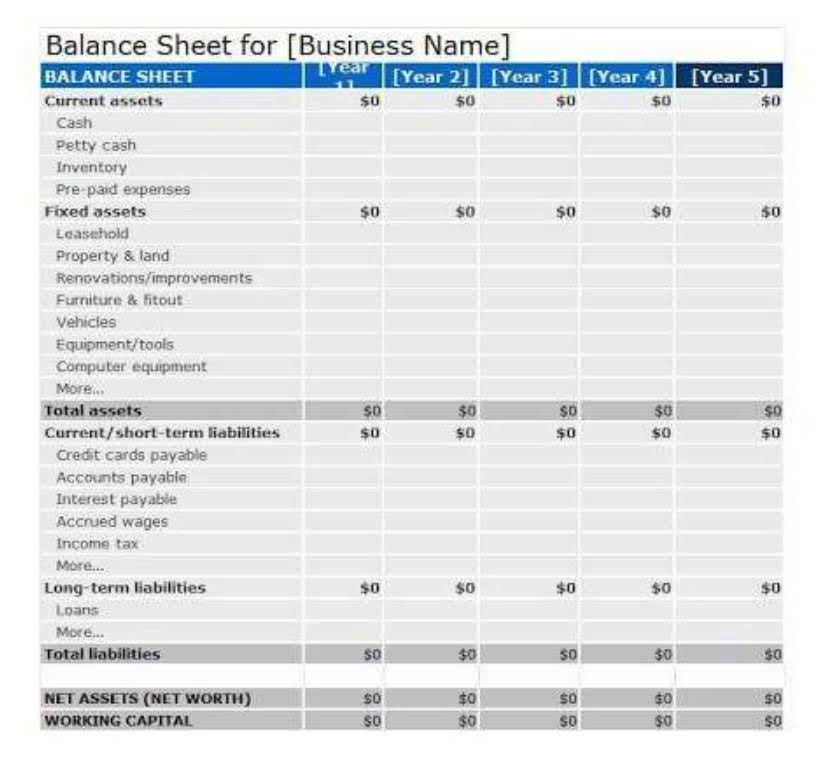
If there are any errors in the billing process, it can critically hinder the treatment process, thereby largely affecting patient care. The intricacies of billing for mental health services involve staying on top of evolving regulatory requirements and changing payer policies. Coding errors, documentation deficiencies, or improper claims submissions can lead to everything from claim denials to audits or legal liabilities. Maintaining compliance and following industry best practices help mitigate risk and uphold the integrity of billing operations. Providing high-quality service starts with seamless patient registration and ends with an effortless reimbursement process.
- Insurance services make sure that the patient is getting therapy from qualified providers.
- Find out what the most commonly used codes for anxiety are in 2023, and improve the efficiency of your medical billing and coding process.
- You see, the average initial claim denial rate in Q3 of 2020 alone hit over 11%.
- Apart from the confusing ICD Codes with CPT code assignment errors, the other kind of mistakes that could occur include undercoding or upcoding.
Ideally, your EHR will have a built-in coding database to help simplify the process. If you have questions, contact the insurance provider directly to see what coding they accept for various telehealth treatments. You’ll receive a check or EFT along with an explanation of benefits to explain the payment amount. If insurance refused to cover the entire cost of services, you’ll have to bill your patient for the difference.
Required Provider Information
Outsourcing something as foundational as billing leaves many important variables out of a practice’s hands. Bringing billing processes in-house gives behavioral health practices greater control and oversight of their revenue cycle. Practices can then minimize billing errors and claim denials, as well as accelerate reimbursement cycles. Essentially, an incomplete or inaccurate medical record would reflect that medical and mental health services are unnecessary for the patient. This error often results in insurance companies not paying for the service, making it difficult for behavioral health providers to do their job and patients to get the treatment they need. Proper note-writing and documentation also play a huge role as a communication tool used between mental health providers and professionals.
- Remember, the DSM-IV is used by all mental healthcare practitioners to help in the diagnosis of clients/patients with mental health ailments.
- This can be labor intensive, but the time it will save makes it worthwhile.
- Let us see why mental health billing payments and adjustment codes can be so challenging to track.
- The allotted time today’s date of service from which you can file a claim.
- Instead of spending too much time resolving rejected claims and incorrect coding, you can simplify your system and improve accuracy with mental health billing within an EHR.
- Eligibility checking also falls under the category of must-have reporting features.
Request as many facts as possible, including the patients’ full legal names and current addresses. The more specific your providers and billers can be about services rendered and diagnoses mental health billing for dummies made at clinical encounters, the more you’ll get paid. This requires intimate knowledge of behavioral health coding, as well as access to comprehensive resources on the subject.
Understanding Mental Health Billing
It is very important to ensure that attention is paid to differentiation within the CPT codes and the apt usage of codes to avoid any repercussions. Apart from the confusing ICD Codes with CPT code assignment errors, the other kind of mistakes that could occur include undercoding or upcoding. To sweeten the deal, the form that you sent came with a return envelope and form for the payer to fill out and resend to you about the claim’s status. Well, in this alternative we have to call this number again and figure out the status of the claim you submitted. Remember way back in step 2 when I mentioned the phone call to the number on the back of your client’s insurance card?
Many health insurance plans also require pre-authorization, which means that patients must get permission before receiving coverage for some mental health services. This procedure can prolong insurance billing and prevent a patient from receiving the treatment they need. Mental healthcare providers can also become frustrated with medical billing because of the lack of resources. The list of codes that mental and behavioral healthcare providers must know is essential for billing purposes and services. For instance, if a psychiatrist or therapist makes an error and documents the wrong code, a patient may not receive proper treatment.
Clearinghouse Rejection
At 5 Star Billing Billing Services Inc, we offer the highest level of performance for high-quality medical billing and coding. In most cases, insurers don’t require preauthorization for initial visits or basic behavioral health sessions. In some instances, various payers have different rules (e.g., over 45-minute sessions or multiple sessions for one client in a day).

Outsourcing the billing process to expert mental health billers gives a competitive advantage. By collaborating with specialized billing companies for medical billing for mental health, therapists can improve their ability to deliver exceptional patient care. These companies handle complicated billing procedures, allowing therapists to focus on their patients. No one gets into the mental health field because they enjoy wading through insurance industry bureaucracy.
0 Comments